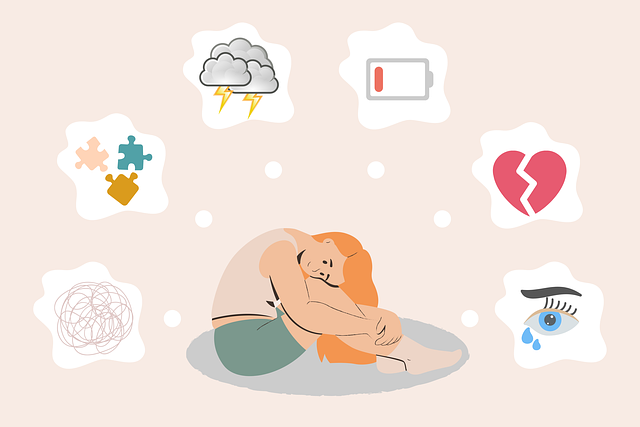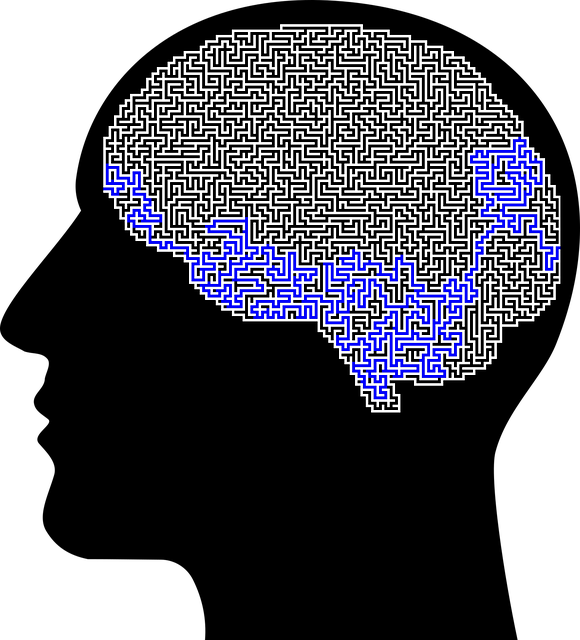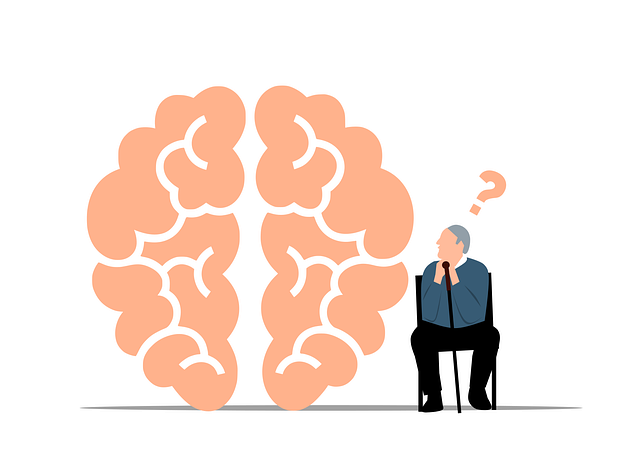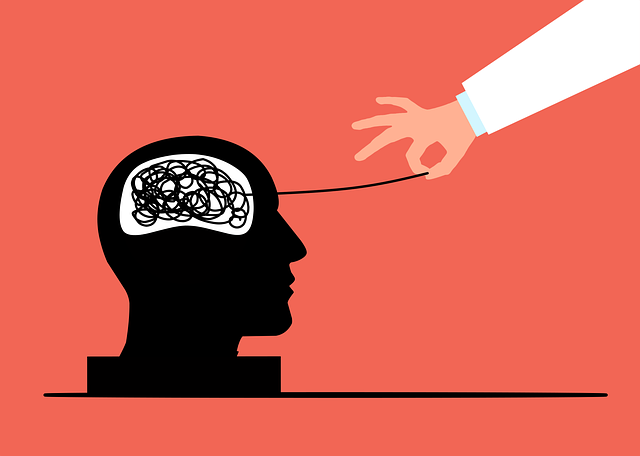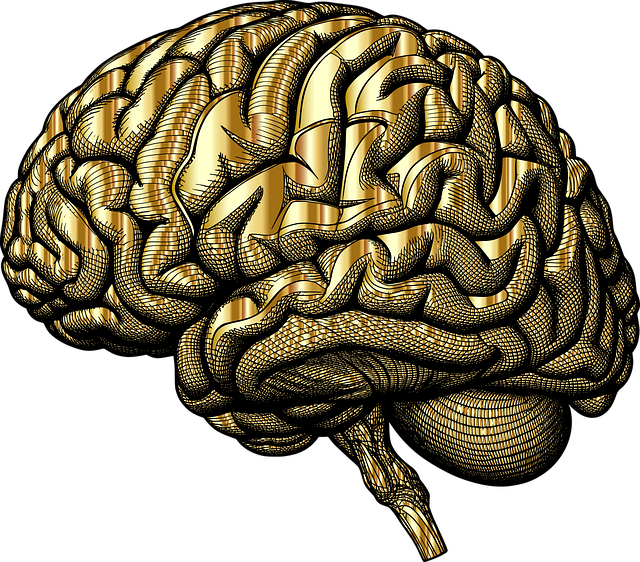Mental wellness is crucial for young individuals due to their developing minds, which impact coping abilities, social interactions, and academic performance. Challenges include academic pressures, peer dynamics, social media influences, and potential exposure to trauma or substance abuse like drugs and alcohol. Early intervention through mental health awareness programs and conflict resolution skills training is vital to prevent issues like burnout and substance abuse. Recognizing signs of drug abuse early, such as academic decline and secretive behaviors, is key to prevention. Evidence-based therapies like Compassion Cultivation and Social Skills Training offer effective coping mechanisms for young children struggling with drug abuse. Building a robust self-care routine, facilitated by professional guidance including therapy and substance abuse prevention programs, improves coping mechanisms and prevents conditions like depression. Therapy is a vital pillar in supporting first-time drug users, providing a safe space to process emotions linked to substance use and empowering them with crisis intervention skills.
In today’s fast-paced world, mental wellness is paramount, especially for young minds. This article delves into the intricate relationship between mental health and substance abuse in children, offering insights that can transform lives. We explore strategies to understand and address this growing concern, emphasizing the importance of early intervention. From recognizing signs of drug abuse to crafting a nurturing self-care routine, parents and caregivers gain valuable tools for promoting healthy development. Additionally, we highlight therapy as a powerful resource for overcoming substance abuse in young children.
- Understanding Mental Wellness and Its Impact on Young Minds
- Identifying Signs of Drug Abuse in Children
- Building a Comprehensive Self-Care Routine for Healthy Growth
- Professional Support: Therapy as a Tool for Overcoming Substance Abuse
Understanding Mental Wellness and Its Impact on Young Minds

Mental wellness is a vital aspect of overall health, especially for young minds that are still developing and forming their cognitive and emotional capabilities. Understanding mental wellness involves recognizing the intricate interplay between thoughts, emotions, and behaviors, which significantly influences a child’s ability to cope with daily stressors, interact socially, and perform academically. Youngsters today face various challenges, from academic pressures and peer relationships to the subtle influences of social media and exposure to trauma or substance abuse, such as drug or alcohol use.
Early intervention is crucial in preventing burnout and promoting healthy development. By fostering mental health awareness among children and their caregivers, we can equip them with essential conflict resolution techniques to navigate challenging situations. This proactive approach not only helps in the prevention of substance abuse but also enables young individuals to seek therapy for any underlying issues, ensuring they receive the necessary support before problems escalate.
Identifying Signs of Drug Abuse in Children

Recognizing signs of drug abuse in children is a crucial step in addressing a growing concern. Young minds are vulnerable to the allure of substances, often unbeknownst to parents or caregivers. The subtle changes in behavior can include a sudden drop in academic performance, increased irritability, or withdrawal from social activities and friends. Children might exhibit secretive behaviors, such as hiding their possessions or acting out through aggression. These signs may indicate a deeper issue requiring professional intervention.
Early detection is key to preventing long-term substance abuse and its detrimental effects. Therapy for young children struggling with drug abuse can be life-changing, offering evidence-based practices like Compassion Cultivation and Social Skills Training. These therapeutic approaches aim to enhance emotional regulation and build healthy coping mechanisms. Additionally, community outreach programs that raise awareness and provide support networks can make a significant impact. Implementing these initiatives ensures a holistic approach to tackling the challenges of drug abuse among children.
Building a Comprehensive Self-Care Routine for Healthy Growth

Building a comprehensive self-care routine is essential for fostering healthy growth and resilience, especially for young individuals navigating life’s challenges. In today’s fast-paced world, it’s crucial to prioritize mental wellness alongside physical well-being. This involves integrating various self-care practices tailored to individual needs, which can be facilitated through professional guidance like therapy for young children or specialized programs focusing on drug abuse and substance abuse prevention.
Mental wellness coaching programs offer valuable tools for developing a robust self-care routine. These programs encourage individuals to explore activities that promote stress reduction, emotional regulation, and mindfulness. By incorporating resilience-building techniques, one can enhance their ability to cope with life’s curveballs and prevent conditions like depression. Through consistent practice, these routines empower people to take charge of their mental health and cultivate a sense of balance and fulfillment.
Professional Support: Therapy as a Tool for Overcoming Substance Abuse

For many individuals dealing with substance abuse, professional support through therapy is a crucial step towards recovery. This is especially true for young children who may be struggling with drug abuse for the first time. Therapy provides a safe space to process emotions and experiences that could be triggering or contributing to their substance use. It offers evidence-based strategies tailored to address specific needs, such as crisis intervention guidance, to help them navigate challenging situations without resorting to drugs or alcohol.
Incorporating mindfulness meditation and anxiety relief techniques into therapy can further enhance the benefits. These practices empower young people with self-regulation skills, enabling them to manage stress and emotions effectively. By combining these therapeutic approaches, professionals can offer comprehensive care that not only treats substance abuse but also fosters long-term mental wellness.
In navigating the intricate landscape of mental wellness, especially among young minds, it’s evident that early intervention and proactive self-care are pivotal. By recognizing the signs of drug abuse in children and fostering a comprehensive self-care routine, parents and caregivers can empower youth to lead healthier, happier lives. As the article highlights, therapy plays a crucial role in addressing substance abuse issues in young children, offering them the support needed to overcome challenges and thrive. Embracing these strategies collectively contributes to building resilient individuals equipped to navigate life’s complexities.


